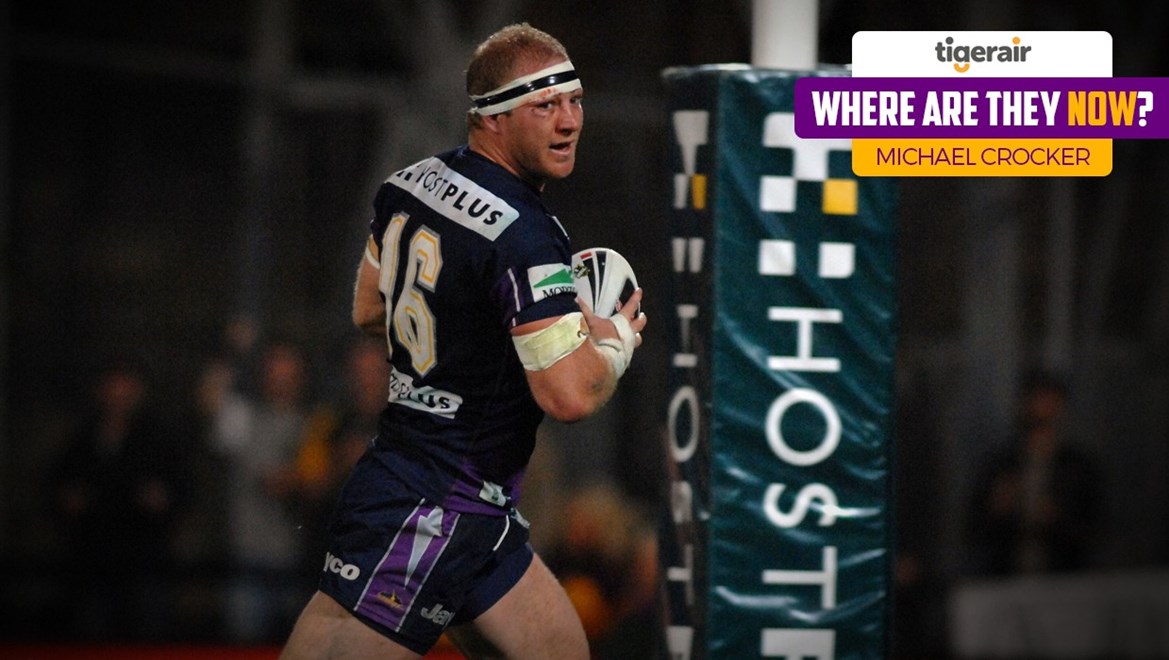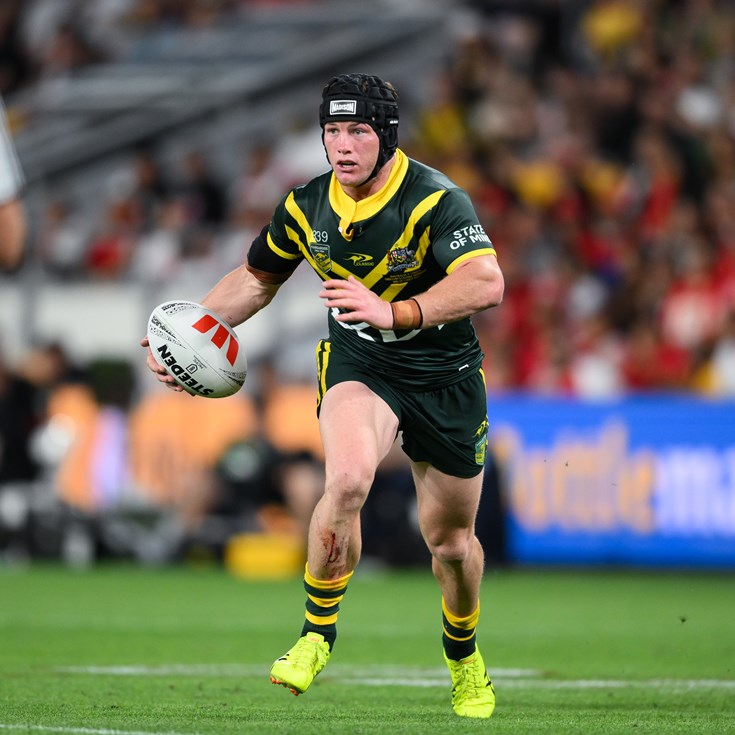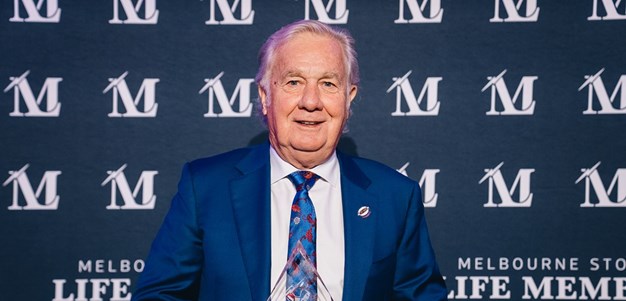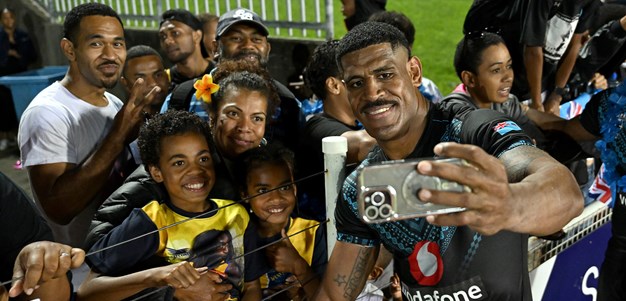

For 13 years Michael Crocker was an NRL player, now he spends his days representing them.
During his playing days Crocker was as tough as they come.
A hard-nosed enforcer, the second rower played in 44 games and two Grand Finals for Melbourne between 2006-2008.
The ANZAC Day Blockbuster. 25 April. AAMI Park. Be there!
When he retired with the Rabbitohs in 2013 he was then faced with a decision.
Return to Melbourne and coach Storm’s Under-20s or join the Rugby League Players Association.
After much contemplation he chose the latter and has not looked back.
For the past three years Crocker has lived in Sydney, working as a Player Engagement Manager with the RLPA.
“I thought it would be a great opportunity for me with some personal development and where the association was at the time,” Crocker said.
“What happened at the start was that there was no relationship between the players and the association.
“Basically my job is to engage the players, educate them and get feedback from them on how to grow the association because the association is essentially the voice of the players.
“I saw it as an opportunity to give back to the game and making sure that every player that comes into the game gets the best time out of rugby league, no matter how long or short their career is.”
This year shapes as a significant one for the RLPA, as they work towards becoming genuine partners in the game during the CBA negotiations. Storm captain Cameron Smith last month joined the RLPA as general President.
The Association has come a long way since Crocker first entered the NRL back in 2001.
Back then, there was no investment for players in education and personal development outside of football.
Now people such as Crocker work to implement programs that offer guidance and career advice for when the curtain falls on an NRL career.
It is an experience Crocker knows only too well, in fact up until recently he admits to struggling with no longer be part of the day-to-day life of a professional footballer.
“You still struggle at times not being around a group, training every day. It does become difficult if you isolate yourself especially,” Crocker said.













